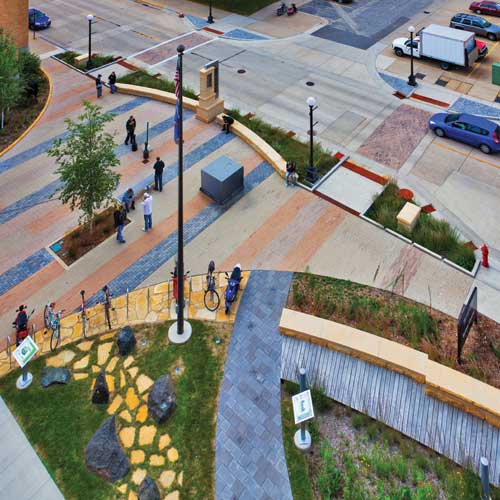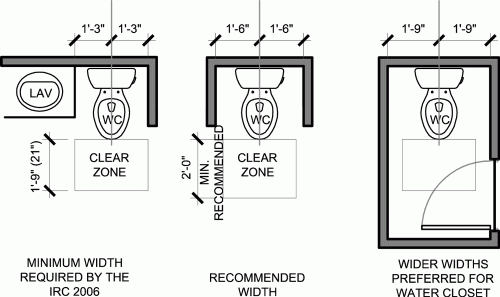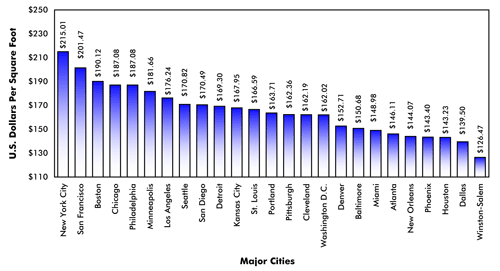Permeable interlocking concrete pavement (PICP) can be used as a viable alternative to asphalt or poured concrete for parking lots, roads, sidewalks, driveways, and other surface treatments. Permeable pavers have come into more common usage in recent years as a means to reduce stormwater runoff volume, rate, and pollutants.
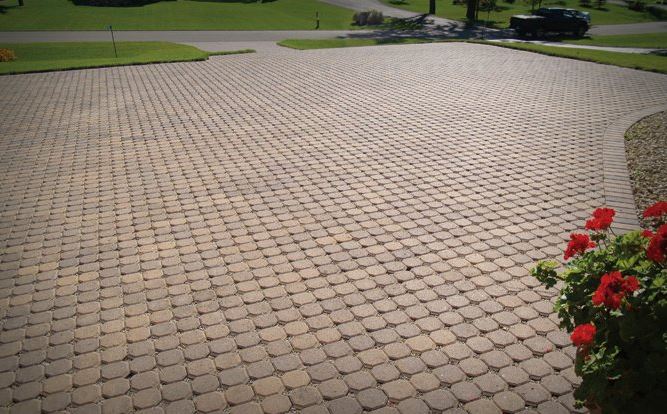
With regard to further sustainability, concrete pavers are low-impact and provide a longer pavement life, reduced maintenance costs, and an extended replacement cycle. Moreover, permeable pavers are highly attractive, durable, easily repaired, require low maintenance, and can withstand heavy vehicle loads.
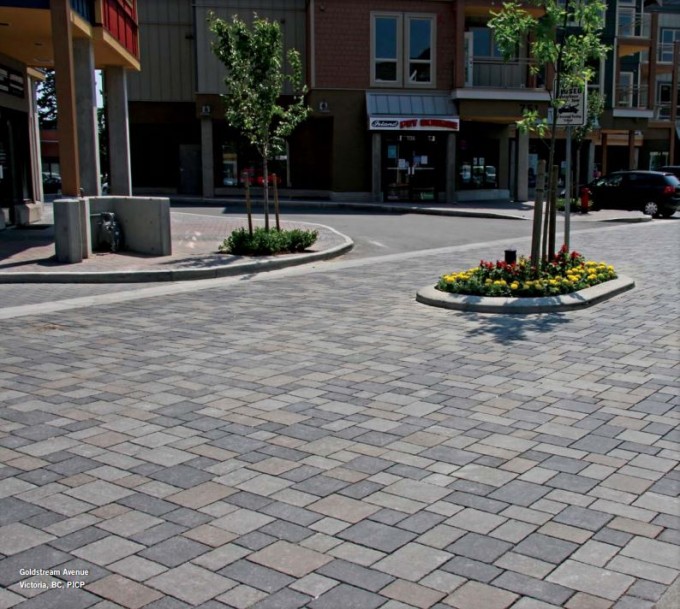
PICP also provide distinct advantages in areas in need of traffic calming, having an effect similar to “rumble strips.” Well-maintained PICP streets tend to slow down traffic, thereby making the street and surrounding walkways safer for pedestrians. These paving treatments can delineate and create awareness of a pedestrian crosswalk, make a street appear narrower than it is to deter speeding, and define a street from a sidewalk or a parking lane.
More detailed information on PICP can be found at:

